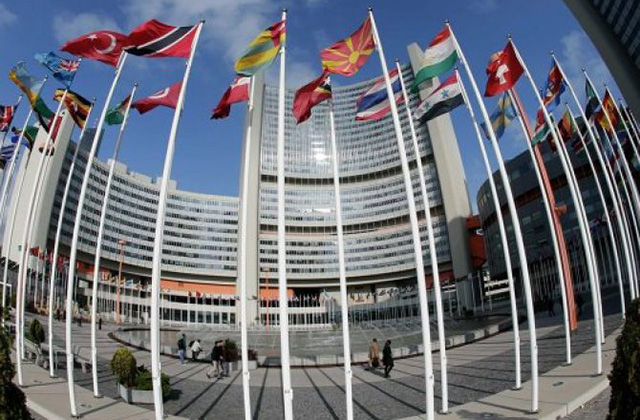UN Report: By 2030 Two-thirds of World to Live in Cities

According to a UN report launched on May 18 by 2030 two-thirds of the world’s population will be living in cities, the urban population in developing countries will double, and the area covered by cities could triple, citing ABC News.
The report by Nairobi-based UN-Habitat also said that in 15 years cities will by producing as much as 80 percent of global GDP.
Since the last UN conference on cities — Habitat II — in Istanbul in 1996, the center of gravity for “megacities” has shifted to developing regions, the report said.
In 1995, there were 22 large cities with between 5 and 10 million inhabitants and 14 megacities with more than 10 million around the world, the report said. By 2015, the numbers had doubled to 44 large cities and 29 megacities, most located in the developing world.
“This trend will continue as several large cities in Asia, Latin America and Africa are projected to become megacities by 2030,” it said.
But the report said that although these mega-million cities are the leading edge of urbanization, they are not the fastest growing.
“The fastest growing urban centers are the small and medium cities with less than one million inhabitants, which account for 59 percent of the world’s urban population and 62 percent of the urban population in Africa,” it said.
The report calls for a “New Urban Agenda” to be adopted at the upcoming UN conference — Habitat III — to be held in Quito, Ecuador, in October.
At a news conference launching the report, Joan Close, UN-Habitat’s executive director, called for much greater attention to urban planning to improve housing and services, for closing the growing gap between rich and poor inhabitants of cities, and for making urban living greener.
“In the next 20 years we will see huge change — and we will be surprised,” he said, recalling that as deputy mayor of Barcelona in 1992 his office had only four mobile phones.
Eduardo Moreno, UN-Habitat’s research coordinator, recalled that the agenda adopted by world leaders at Habitat II recognized the right to adequate housing, reinforced the role of local authorities, and called for strong financial management — but it didn’t include any measures to monitor progress.
He said a key recommendation for Habitat III is for delegates to approve a “monitoring mechanism” to assess how countries and cities are implementing the “New Urban Agenda” and targets dealing with urban issues in the UN goals adopted by world leaders which are to be met by 2030.

























